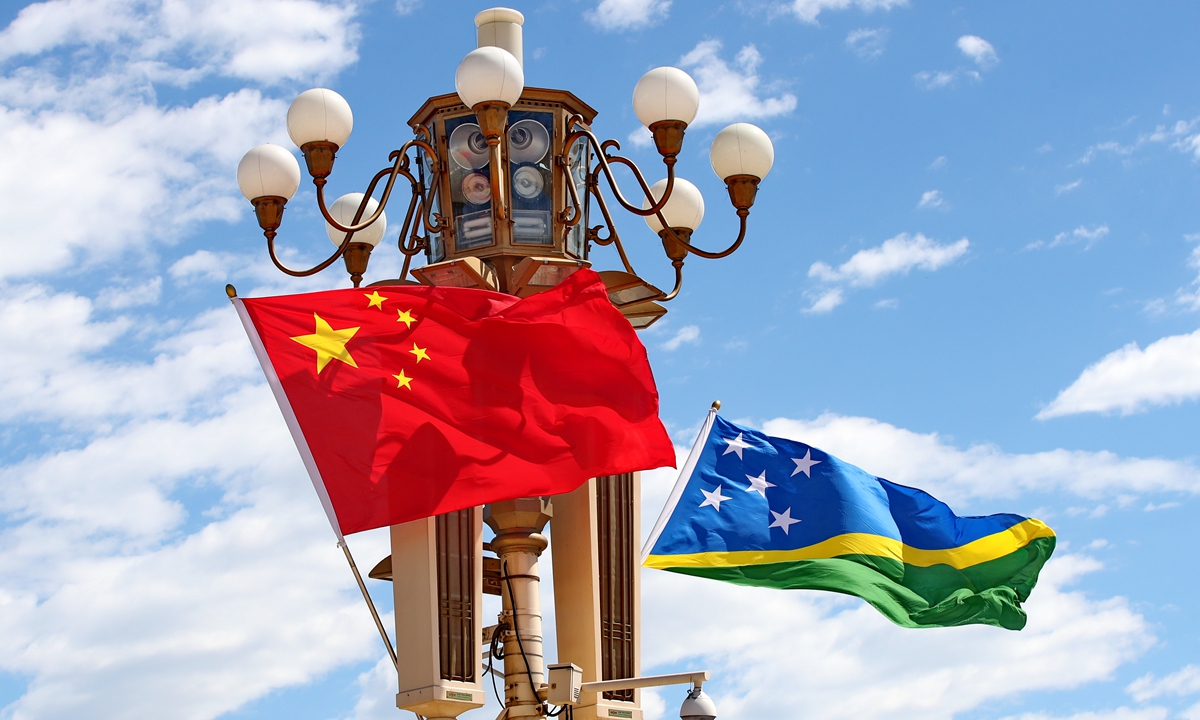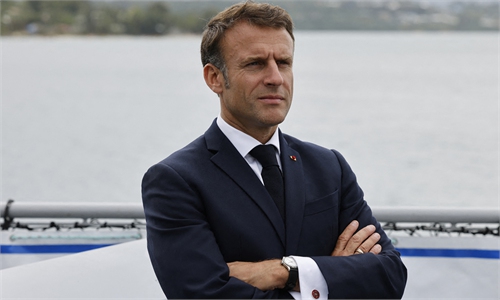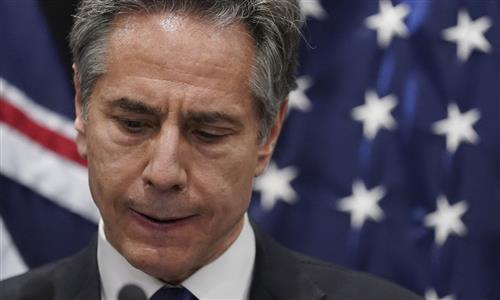Demonizing China's assistance to Solomon media exposes politicized Western press full of 'ideology biases'

National flags of China and Solomon Islands Photo: VCG
Some Western media institutions including those from the US and Australia again adopted their usual tactics of standing facts on their head and of a thief crying "stop thief" by accusing China of "damaging the independence" of some Solomon media outlets through giving assistance. In response, Chinese observers raised serious concerns over Western media's long-standing hegemony and monopoly worldwide as well as their demonization of China-related coverage.
On Wednesday and Thursday, Australian media outlet ABC hyped the so-called "foreign influence in Pacific media" and claimed that "China is trying to buy influence with media in the Pacific," citing an article by a US-backed organization claiming the "Solomon Islands' longest-running newspaper received funding from China."
The article published on July 30 by the Organized Crime and Corruption Reporting Project (OCCRP), whose work in the Pacific Islands is funded by a US-government grant, claimed that the Solomon Star newspaper received nearly $140,000 in funding from the Chinese government in return for pledges to "promote the truth about China's generosity and its true intentions to help develop" the Pacific Islands country.
But the article admitted that the newspaper's chief of staff Alfred Sasako said the newspaper maintained its independence. Sasako said any suggestion it had a pro-Beijing bias was "a figment of the imagination of anyone who is trying to demonize China."
As a country that historically suffered Western predatory colonization, Solomon Islands has been mired in poverty for a long time, especially after the US shut down its embassy in the island nation roughly 30 years ago and turned a blind eye to its difficulties. Under such circumstances, it is hard for the island nation to develop, Chen Hong, president of the Chinese Association of Australian Studies and director of the Australian Studies Centre at East China Normal University, told the Global Times on Thursday.
It is China that lent a hand to help the Pacific Island nation's very pressing needs through assistance and mutually beneficial cooperation, Chen pointed out.
Following the OCCRP article, the Solomon Star on Tuesday ran a response on page six headlined "Solomon Star condemns unrelated attack by US-funded OCCRP," according to ABC.
The paper said it is sad to see the US-funded OCCRP making "unrelenting attempts to tarnish the reputation" of the paper for receiving funding support from China, and strongly urged the OCCRP-funded journalists to stop geo-politicizing the media.
Sasako told ABC he saw nothing wrong with seeking assistance from China, and said Australia and others had turned a blind eye to requests for assistance for the paper. "China is a doer not a talker," Sasako noted.
Chen warned of a strange and vicious phenomenon among some Western press of politicizing almost all China's support or assistance and hyping China-related issues with tinted glasses. Such misleading coverage was apparently an attempt to drive a wedge between China and other countries and regions and stir up distrust between their peoples.
But those Western media were "thieves crying 'stop thief!'" - in other words, they accuse others of wrongdoing but were actually the wrongdoers trying to escape guilt and responsibility by diverting attention, Chinese observers warned.
According to media reports, Australia has a long history of "supporting enhanced skills and training for Pacific media" through the $10.3 million Pacific Media Assistance Scheme (PACMAS) from 2017 to 2021.
In fact, due to the limited development of domestic media and the long-term infiltration of Western media such as Australia's and the US', the Western media have mastered the hegemony of discourse in the South Pacific, and are initiators in damaging media independence and objectivity, Chen said.




